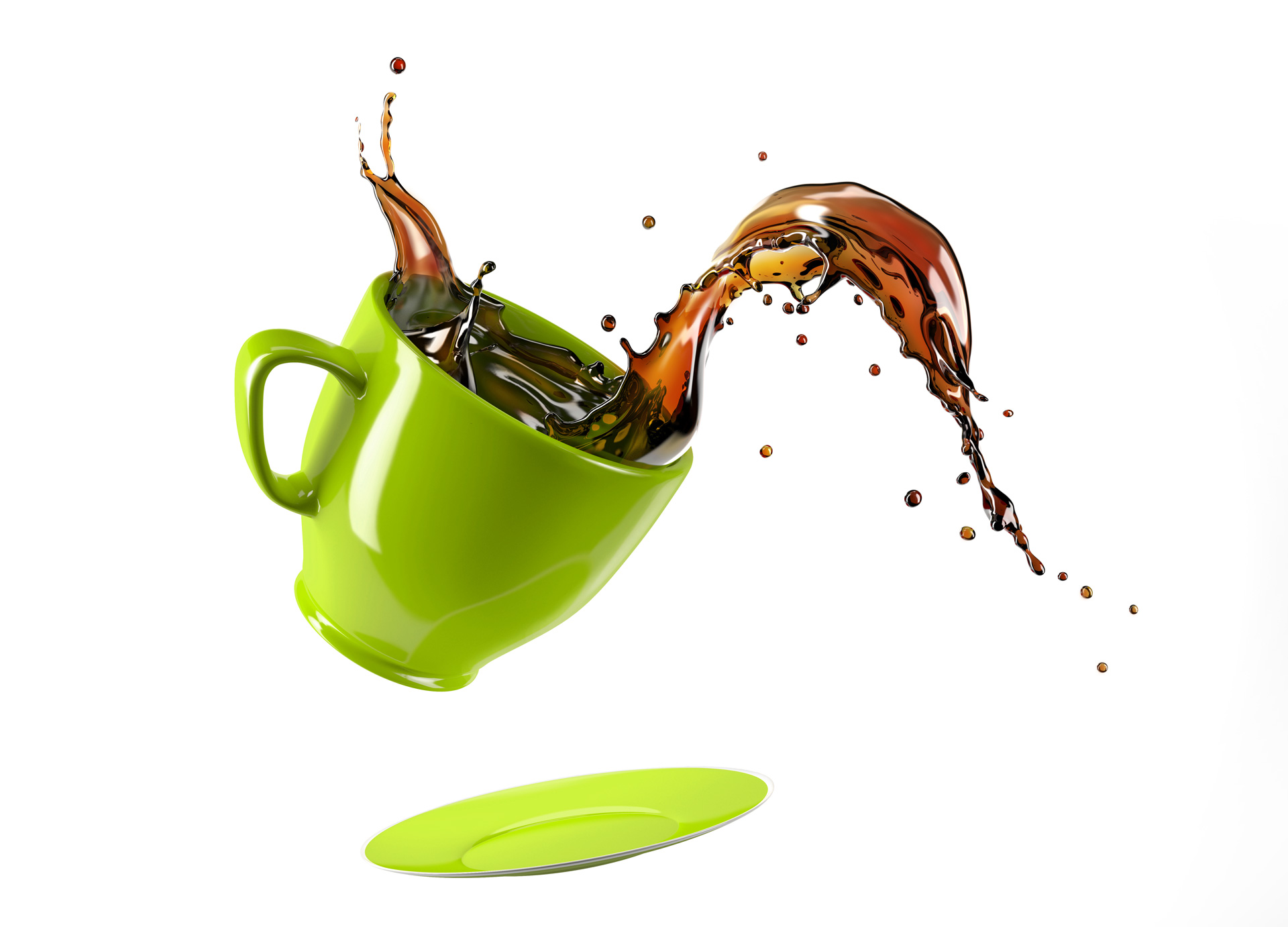0 item(s)
-
Your shopping cart is empty!
800 A.D.
Goats will eat anything… and they did. So we give credit to the goats of Ethiopia and Kaldi, their goat herder for the discovery of coffee. The legend goes that around 800 A.D., Kaldi noticed his herd dancing from one coffee shrub to another, munching on the berries containing the beans. He took a few for himself and was soon enjoying his own caffeine dance right along with his flock.
800 A.D.
Black Coffee History
1000 A.D.
From Ethiopia, coffee spread to Egypt, Yemen and later Persia, Turkey, and northern Africa. Coffee as we know it kicked off in Arabia, where beans were first roasted and brewed around 1000 A.D. By the 13th century Muslims were drinking coffee religiously. The drink kept workers working; worshippers awake, and soon became a part of their secular life. Its popularity spread to North Africa, the Mediterranean, India and Italy.
1000 A.D.
1600
Middle Eastern merchants introduced coffee to the wealthy in Venice, making it a hot commodity and very expensive. Soon its popularity spread throughout the rest of Europe becoming more widely received after it was deemed an acceptable beverage by Pope Clement VIII in 1600, despite appeals to ban the "Muslim drink".
1645
The first “Coffee House” opened in Italy in 1645. But coffee remained expensive, so in 1690 the Dutch smuggled seedlings into Europe, much to the disappointment of the Arabs who had put an embargo on exportation of the plant or unroasted seeds. In 1696 the Dutch founded the first European coffee plantation, on Java, now part of Indonesia. Business boomed and Amsterdam began giving coffee trees to aristocrats around Europe.
1645
1700’s - 1800
Soon coffee and coffee houses gained in popularity and spread throughout England, as well as France, Austria and Poland. Coffee made its way to the America’s in the early 1700’s but, it was not immediately a success as it had been in Europe.
During the Revolutionary War, the demand for coffee increased so much that dealers had to hoard their short supplies and raise prices dramatically. After the War of 1812, Britain had temporarily cut off tea imports, forcing the Americans’ taste for coffee to grow. Soon coffee became a staple.
1978
TCC 1978
The Coffee Connection is Established!
Coffee Services become a mainstay of the workplace as popularity grows around access to this productivity elixar. The introduction of commerical coffee systems in the breakroom as the era of glass bowl traditional drip coffee brewers provide freshly brewed coffee at work!
1978
Present
Today, coffee has become part of our daily lives. With an abundance of coffee houses, it has never been more popular whether it’s first thing in the morning, during a business meeting or just as a break in the day.
A survey conducted in 2001 by “Timothy McSweeney's, Most Censored Press Releases” asked people: “If you had to give up one of the following for a month, which would it be: Coffee, excuses, internet access at home, chocolate or sex?” The results? Coffee was second only to sex on the priority list for both men and women. The majority would give up chocolate, excuses and the Internet -- in that order.
Future
Into the future, The Coffee Connection pursues new technologies and methods for enjoying this wonderful beverage through our attendance and participation with the leading industry trade shows, seminars, continuing education and competitions. Our passion is the pursuit of a perfect coffee experience for our clients.
Future

Our postal address is
#3, 401 33 St NE
Calgary, Alberta, Canada
T2A 1X5
We can be reached via e-mail at info@thecoffeeconnection.ca
or you can reach us by telephone at 403-269-5977
For each visitor to our Web page, our Web server automatically recognizes the consumer's domain name and e-mail address (where possible).
We collect the domain name and e-mail address (where possible) of visitors to our Web page.
Cookies: We use cookies to store visitors preferences, record session information, such as items that consumers add to their shopping cart, record past activity at a site in order to provide better service when visitors return to our site.
Persons who supply us with their telephone numbers on-line will only receive telephone contact from us with information regarding orders they have placed on-line.
Ad Servers: We do not partner with or have special relationships with any ad server companies.
Security: When we transfer and receive certain types of sensitive information such as personal or financial we redirect visitors to a page that uses SSL encription.
If you feel that this site is not following its stated information policy, you may contact us at the above addresses or phone number.